Conclavoscope - Cardinal José Tolentino de Mendonça
Cardinal Profile and Assessment
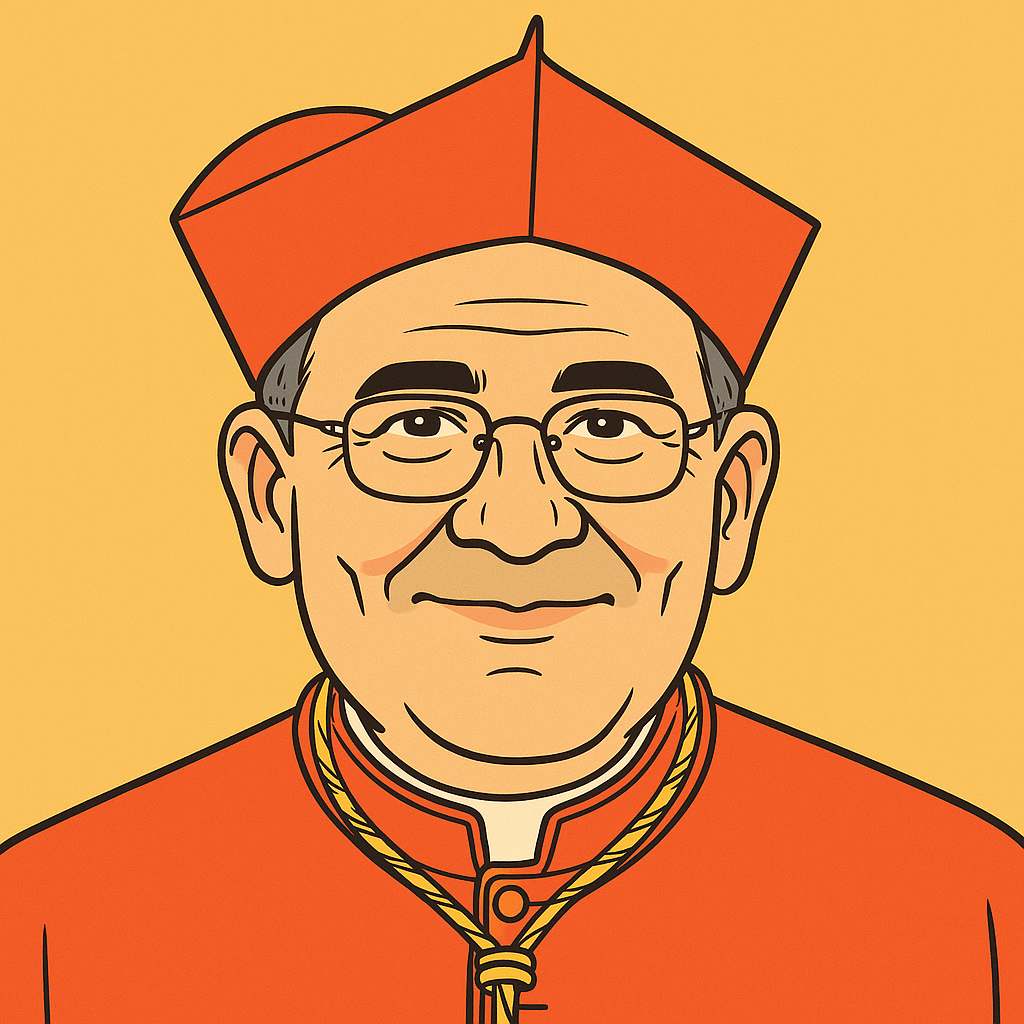
Portuguese cardinal, Prefect of the Dicastery for Culture and Education, poet and intellectual, known for his openness to dialogue with contemporary culture and his renewed pastoral vision.
| Criterion | Tendency |
|---|---|
| Moral doctrine | Progressive |
| Liturgy | Moderately progressive |
| Sociopolitical | Progressive |
| Relationship with Pope Francis | Very progressive |
| Dialogue | Very progressive |
| Communication | Progressive |
| Overall tendency | Progressive |
Born on December 15, 1965, in Machico, on the island of Madeira, Portugal, José Tolentino de Mendonça was ordained a priest on July 28, 1990. With a doctorate in biblical theology, he distinguished himself through a notable academic and literary career, publishing works of poetry, essays, and theater. (José Tolentino de Mendonça)
In 2011, he became a consultant to the Pontifical Council for Culture. In June 2018, Pope Francis appointed him Archivist and Librarian of the Holy Roman Church, and he was consecrated as the titular bishop of Suava on July 28, 2018. On October 5, 2019, he was created a cardinal-deacon of Santi Domenico e Sisto. (Profiles of Pope Francis' New Cardinals - National Catholic Register, José Tolentino de Mendonça)
On September 26, 2022, he was appointed Prefect of the Dicastery for Culture and Education, a strategic position within the Roman Curia. He is also a member of several important dicasteries, including those for the Evangelization of Peoples, the Causes of Saints, Bishops, Divine Worship and the Discipline of the Sacraments, as well as the Doctrine of the Faith. (José Tolentino de Mendonça)
Cardinal Tolentino de Mendonça is considered one of the most progressive papabili, advocating for an open, dialoguing Church attentive to contemporary realities. (José Tolentino de Mendonça)
He benefits from the support of the Community of Sant'Egidio, influential in progressive ecclesiastical circles. His proximity to Pope Francis and his responsibilities within the Curia strengthen his network and influence. (José Tolentino de Mendonça)
Cardinal José Tolentino de Mendonça has expressed sympathy for a more tolerant approach to same-sex relationships than the Church has traditionally allowed, arguing on several occasions that the Vatican should engage more willingly with cultural changes and modernity. He has also aligned himself with a feminist Benedictine sister who supports women's ordination and is pro-choice. However, he has not publicly called for changes to Church doctrine on these matters.
Cardinal Tolentino emphasizes the importance of engaging with culture as central to Catholic life, stating that 'we cannot close the Christian experience in a kind of parenthesis that is only the liturgy.' This suggests a balanced approach that values tradition while being open to cultural engagement.
As Prefect of the Dicastery for Culture and Education, Cardinal Tolentino has been active in promoting the Global Compact on Education and has addressed themes such as social justice and the importance of cultural engagement. His work reflects a commitment to addressing contemporary societal challenges.
Cardinal Tolentino is a close collaborator of Pope Francis, sharing his vision for a Church that engages with modern culture. He has been appointed to several key positions by Pope Francis, including Prefect of the Dicastery for Culture and Education.
Cardinal Tolentino has emphasized the importance of dialogue and engagement with diverse cultural and religious perspectives. His work often focuses on building bridges and fostering mutual understanding.
Known as 'the poet cardinal,' Cardinal Tolentino is recognized for his effective communication and engagement with the faithful through thoughtful homilies and public statements. He emphasizes the Church's role in addressing contemporary societal challenges while remaining rooted in tradition.
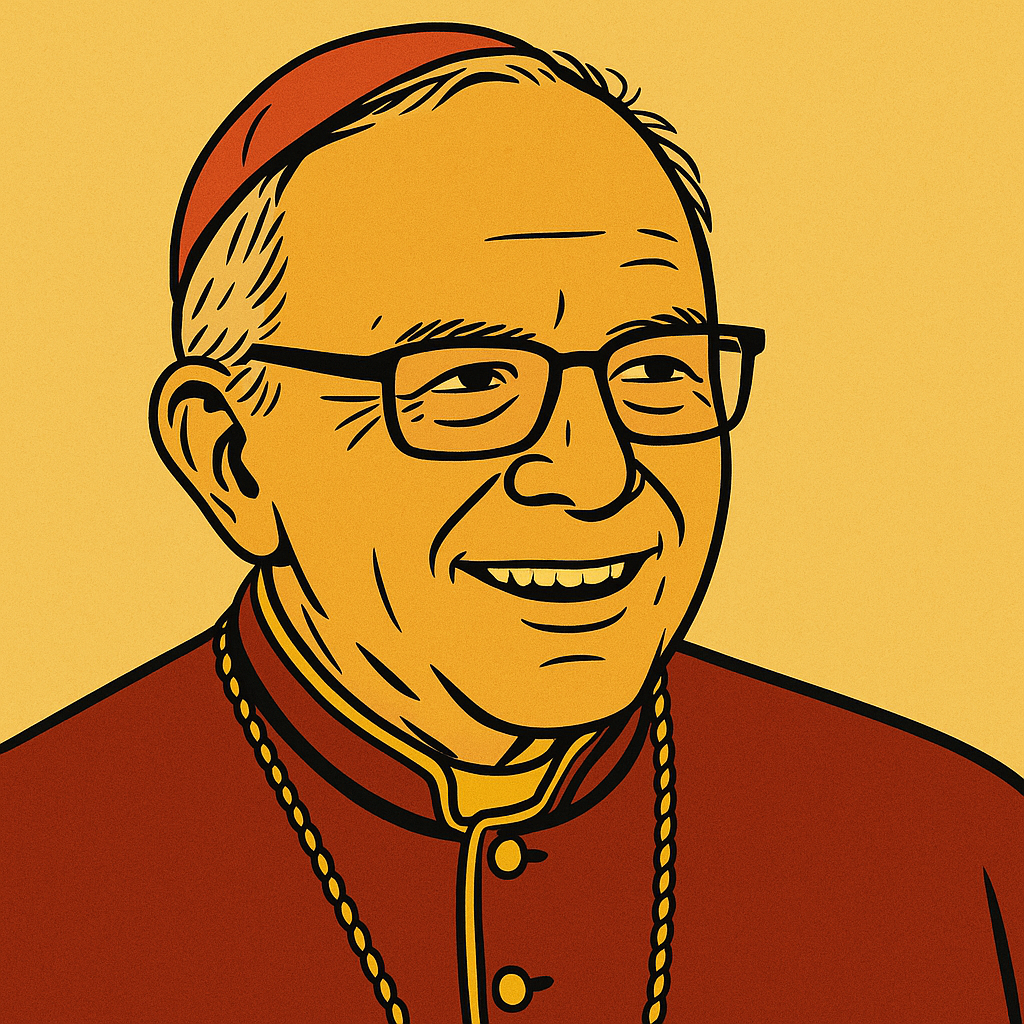
Portuguese cardinal, Patriarch Emeritus of Lisbon, known for his balanced leadership and pastoral vision that respects tradition while dialoguing with contemporary society.

Portuguese cardinal recognized for his pastoral dynamism and modern communication, close to Pope Francis' positions on Church openness.

Portuguese cardinal known for his pastoral approach and openness to modern issues, while maintaining a balance with tradition.
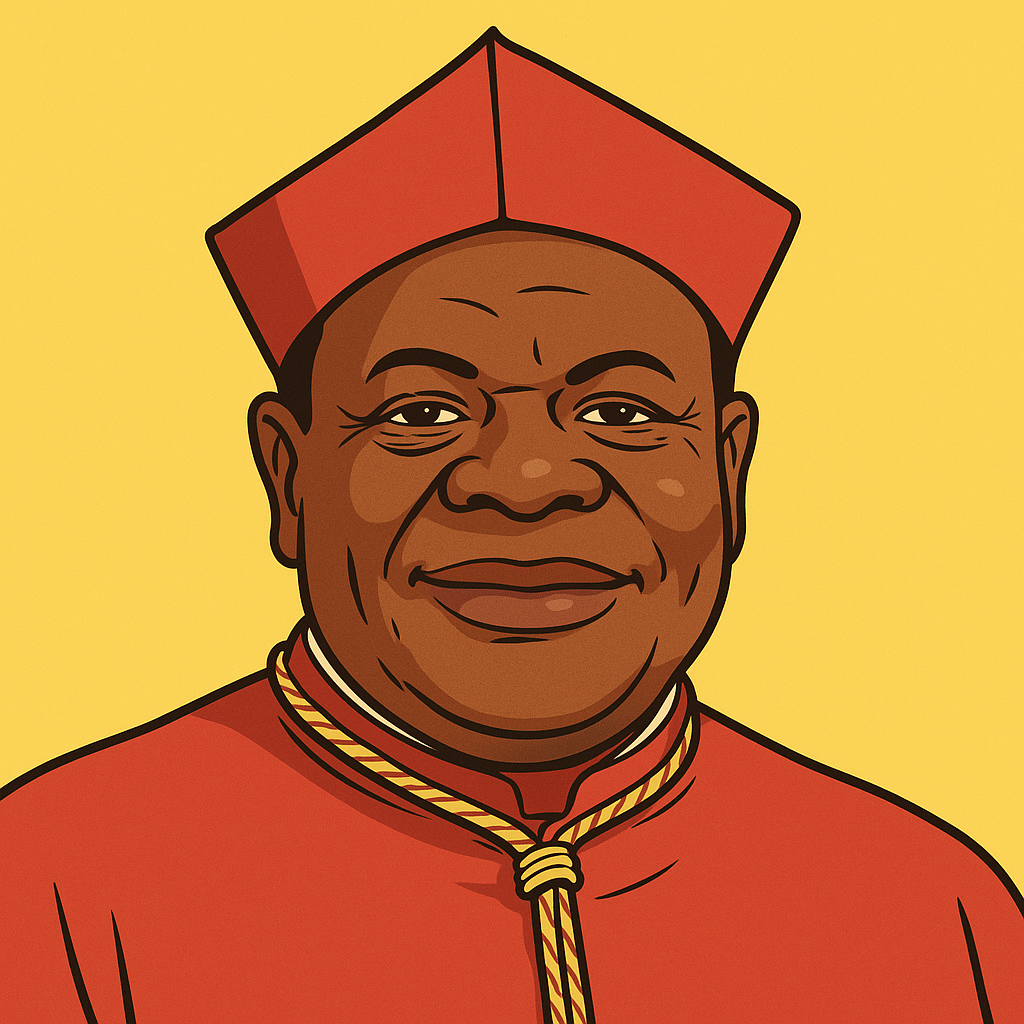
Democratic Republic of the Congo
Congolese cardinal, Archbishop of Kinshasa, known for his commitment to social justice and human rights defense, while maintaining a traditional doctrinal position.
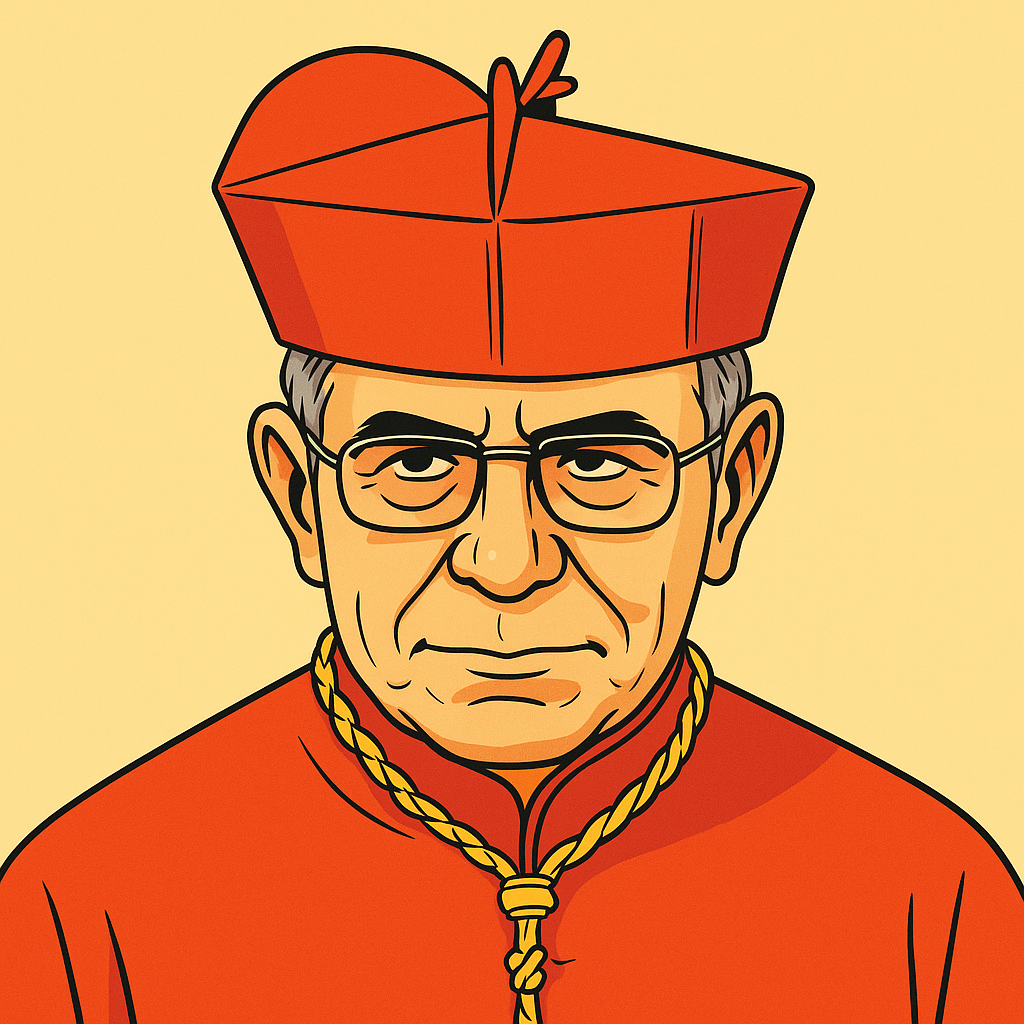
Cuba
Cuban cardinal, Archbishop of Havana, known for his balance between respect for local authorities and defense of the Church's mission in a complex political context.
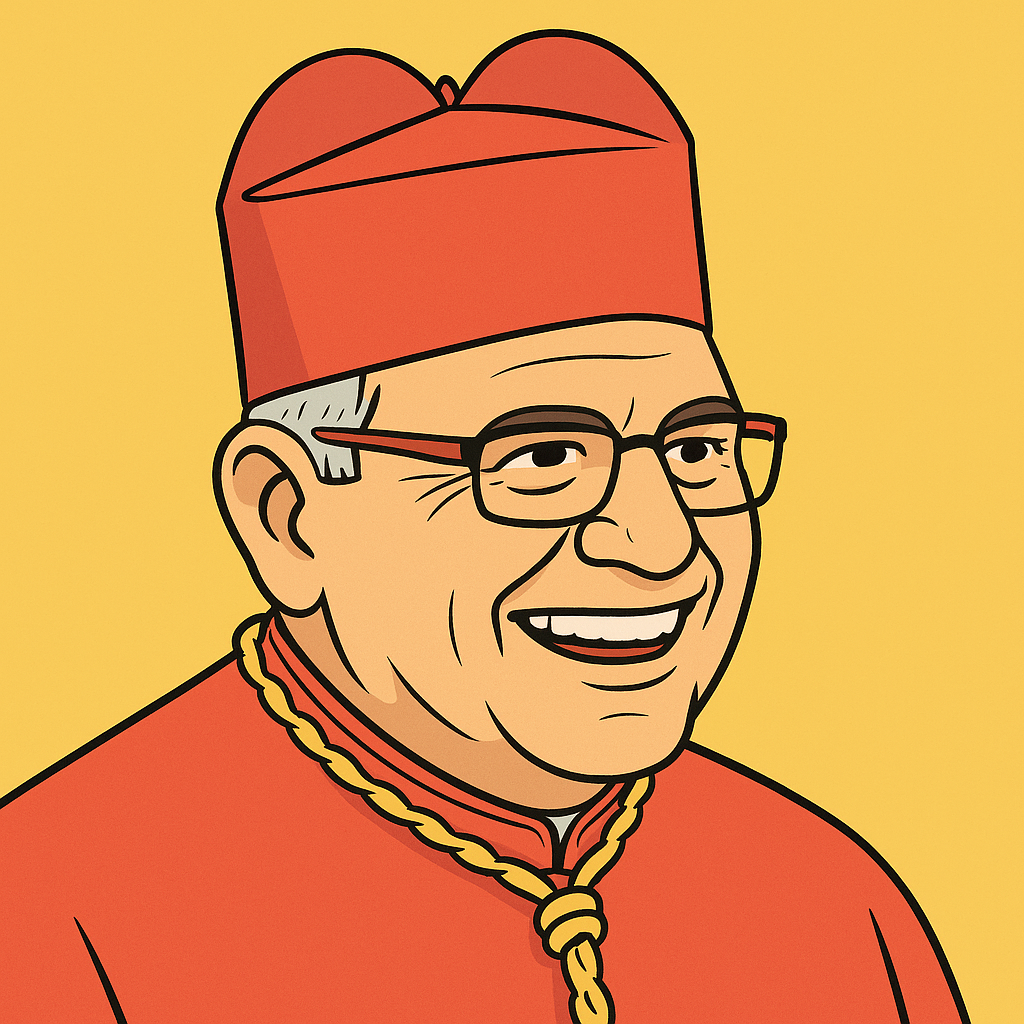
Guatemala
Guatemalan cardinal recognized for his work with indigenous communities and commitment to social justice, while maintaining a conservative position on doctrinal issues.
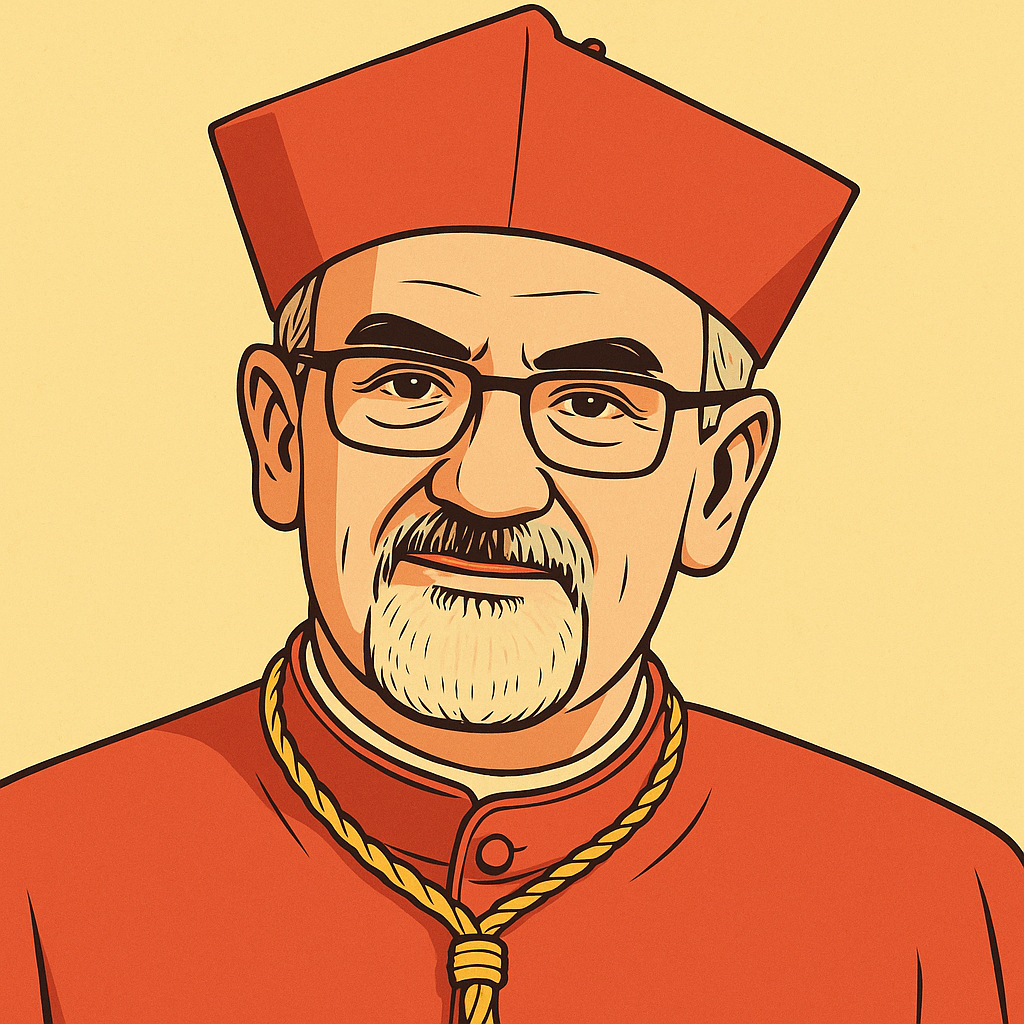
Israel
age: 60
Italian cardinal, Latin Patriarch of Jerusalem, Franciscan, known for his expertise on the Middle East and his balanced leadership in a context of political and religious tensions.
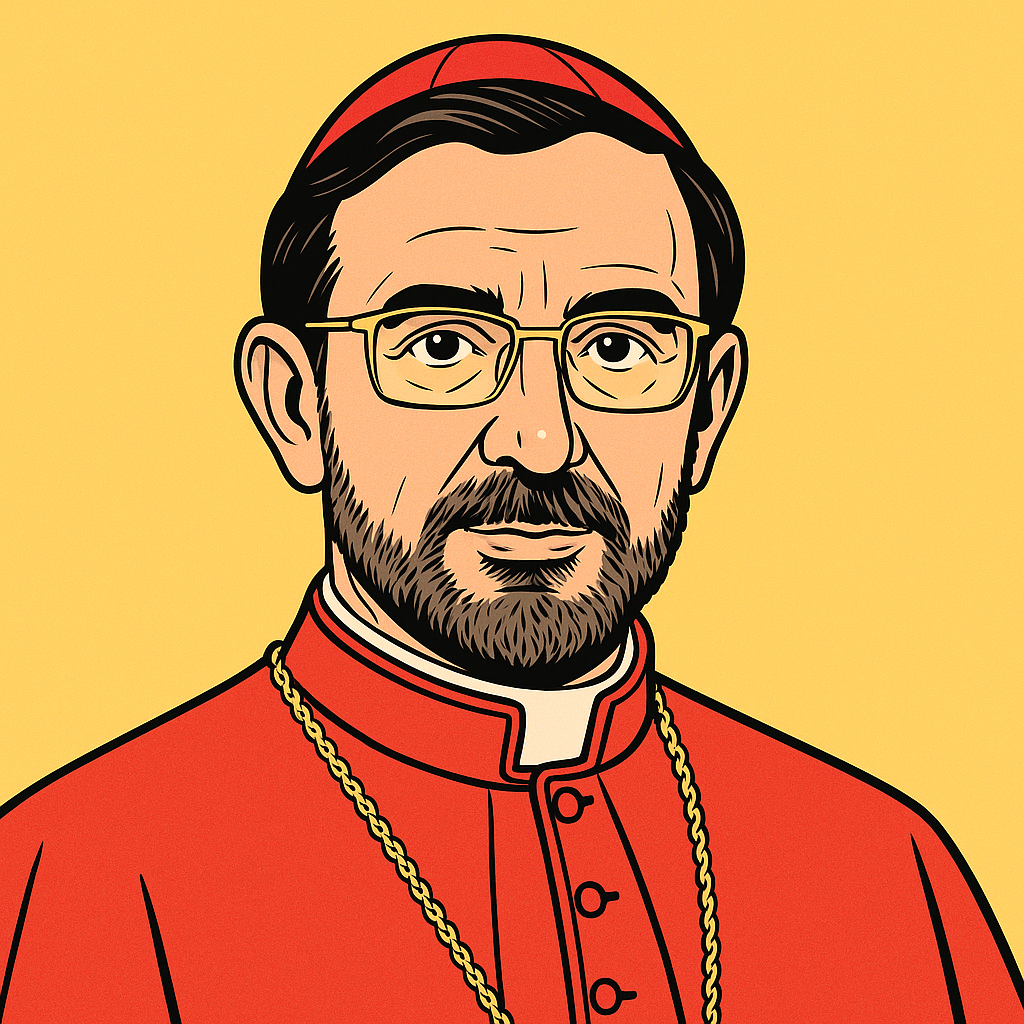
Spain
age: 60
Spanish cardinal, Archbishop of Madrid, known for his pastoral commitment in working-class neighborhoods and his approach of openness, while maintaining respect for tradition.

Italy
age: 60
Italian cardinal, Archpriest of St. Peter's Basilica and Vicar of the Pope for Vatican City, Franciscan, known for his balanced approach between tradition and renewed pastoral care.
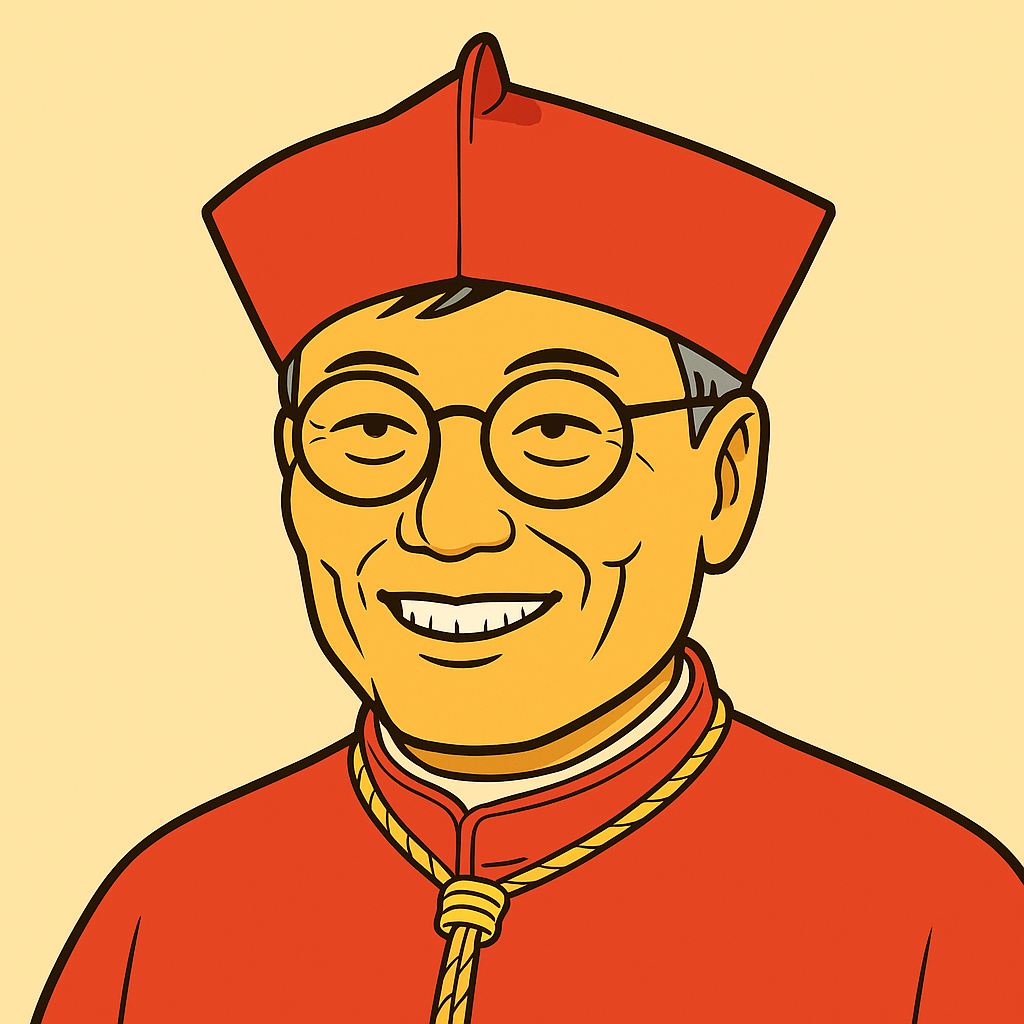
Hong Kong
Chinese cardinal, Bishop of Hong Kong, Jesuit, known for his prudent diplomatic navigation between Beijing and the Vatican, and his intellectual and open pastoral approach in a complex political context.
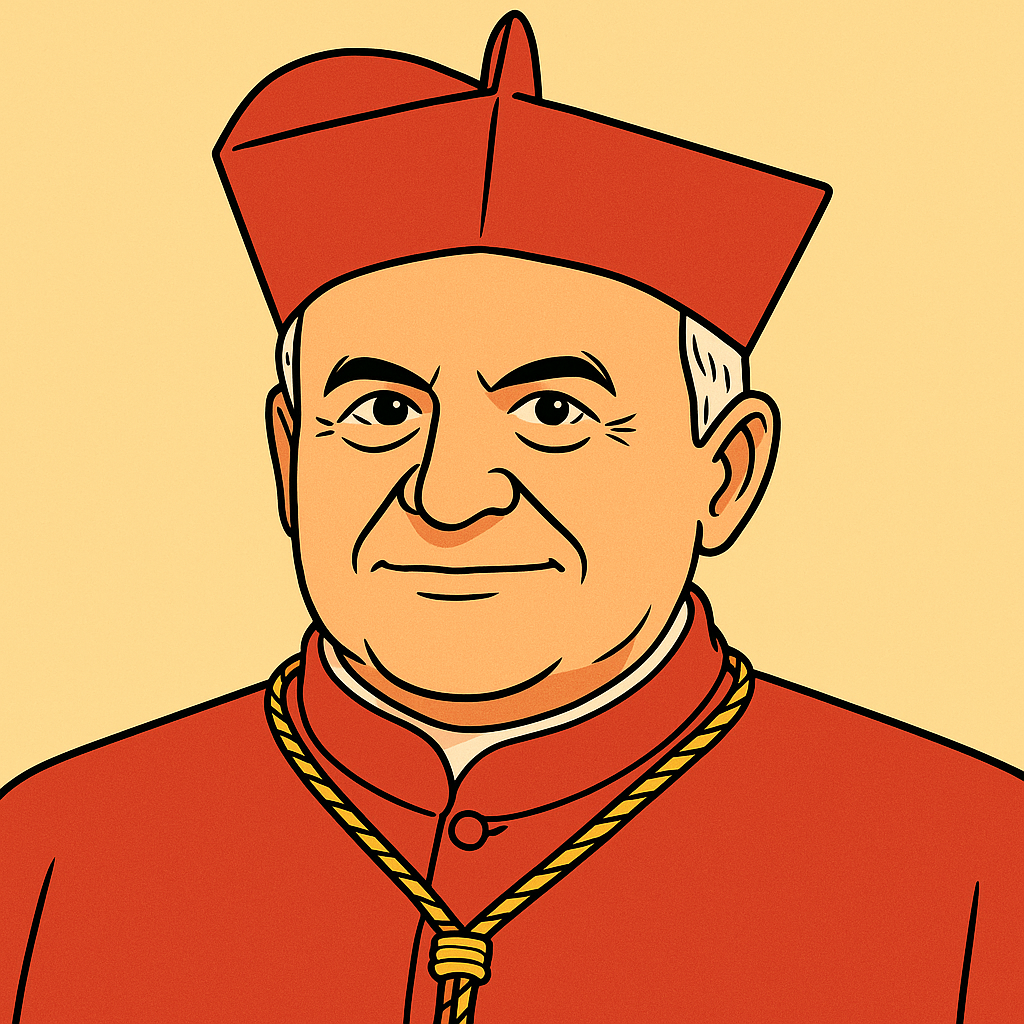
Serbia
Serbian cardinal, Archbishop of Belgrade, known for his pastoral work in a predominantly Orthodox context and his commitment to ecumenical dialogue in the Balkans.
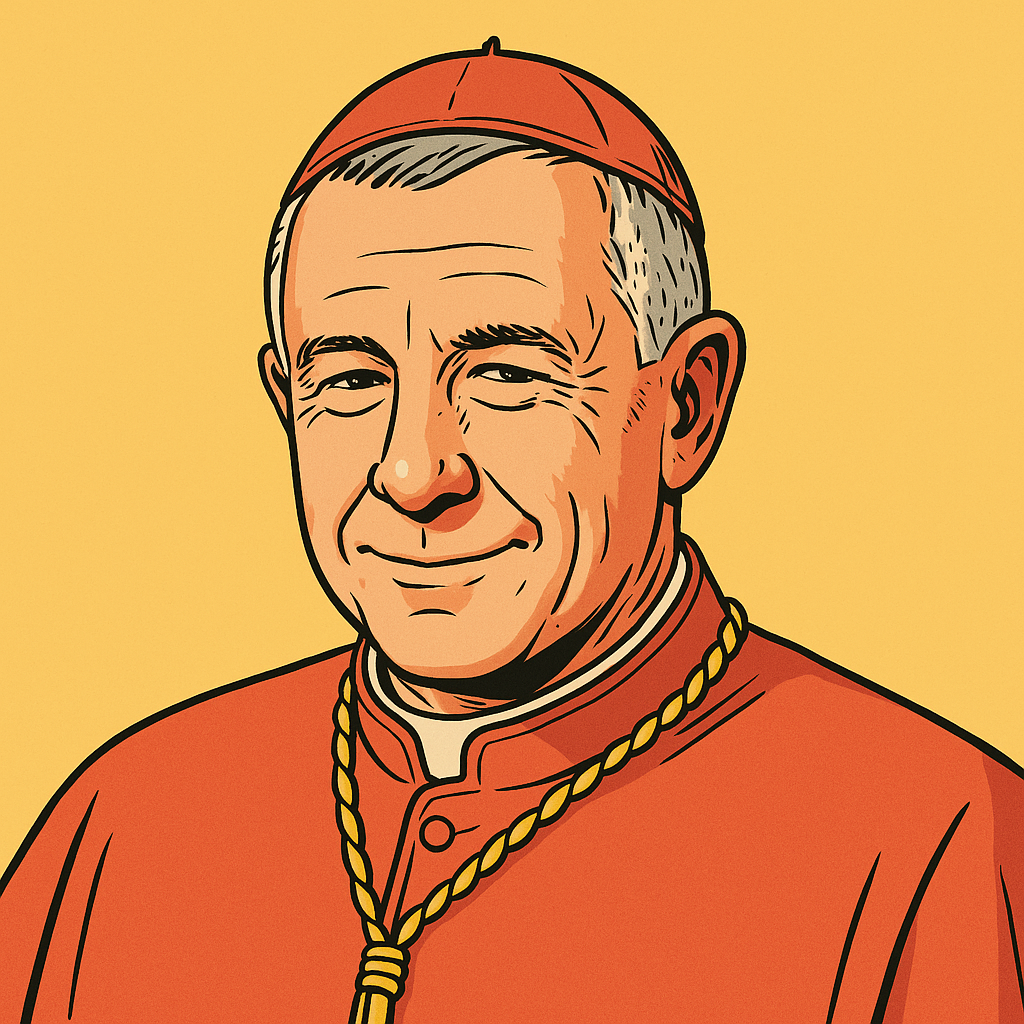
New Zealand
New Zealand cardinal, Archbishop of Wellington, known for his moderate pastoral approach and openness to dialogue, while maintaining balance with traditional teachings.

France
French cardinal, Archbishop of Marseille, known for his commitment to interreligious dialogue and his open pastoral approach in a multicultural city.
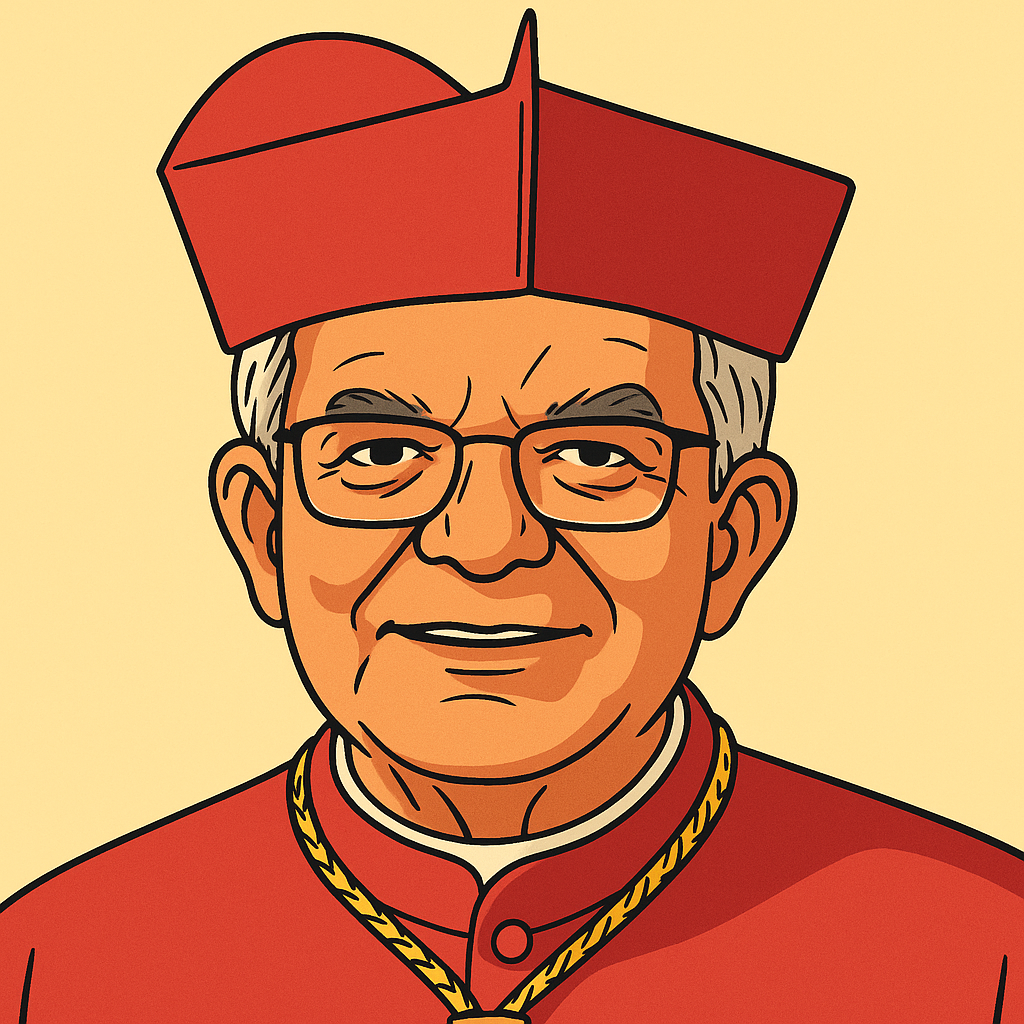
Paraguay
Paraguayan cardinal known for his pastoral commitment and moderate approach to social issues. The first cardinal in Paraguay's history.

South Africa
South African cardinal, Archbishop of Cape Town, known for his balanced leadership in post-apartheid South Africa and his pastoral work combining fidelity to doctrine and commitment to social justice.
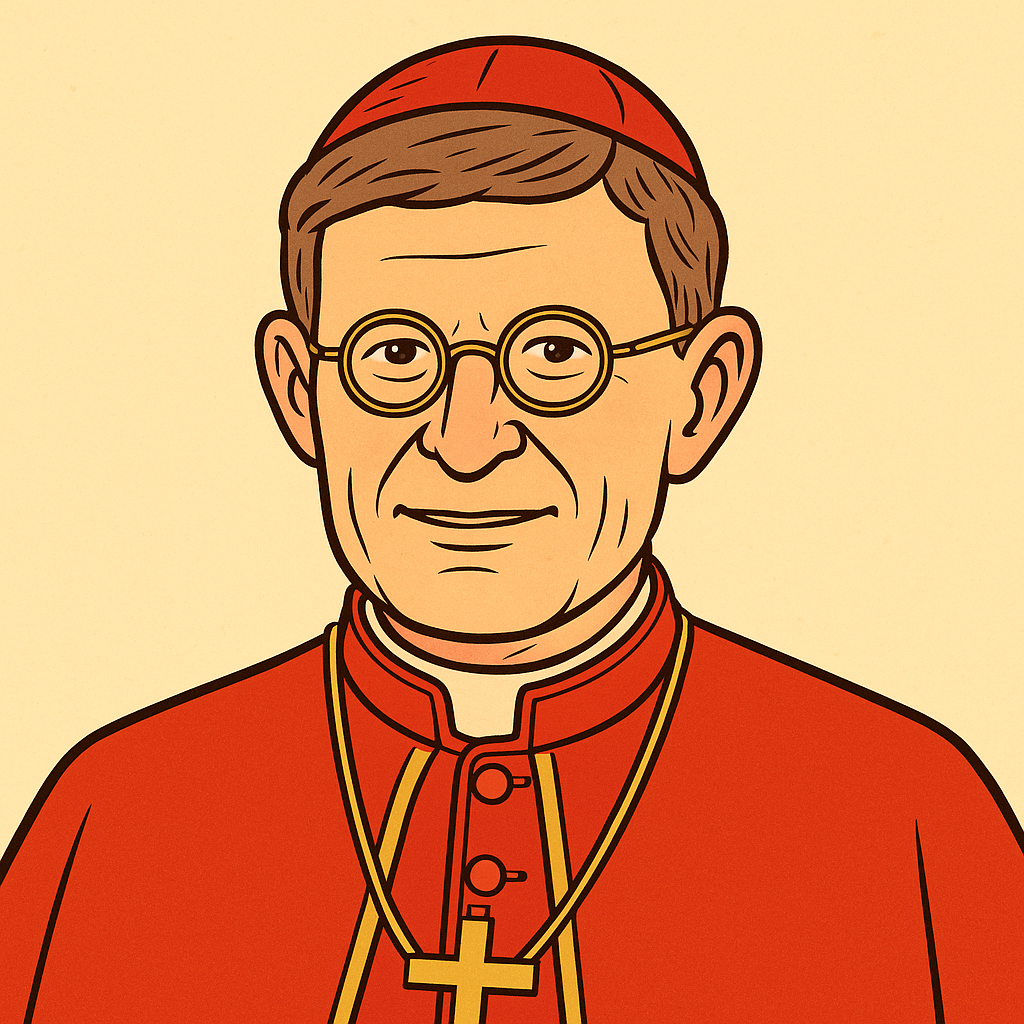
Germany
German cardinal, Archbishop of Cologne, known for his conservative positions and controversial leadership, particularly in handling sexual abuse and his opposition to certain reforms.
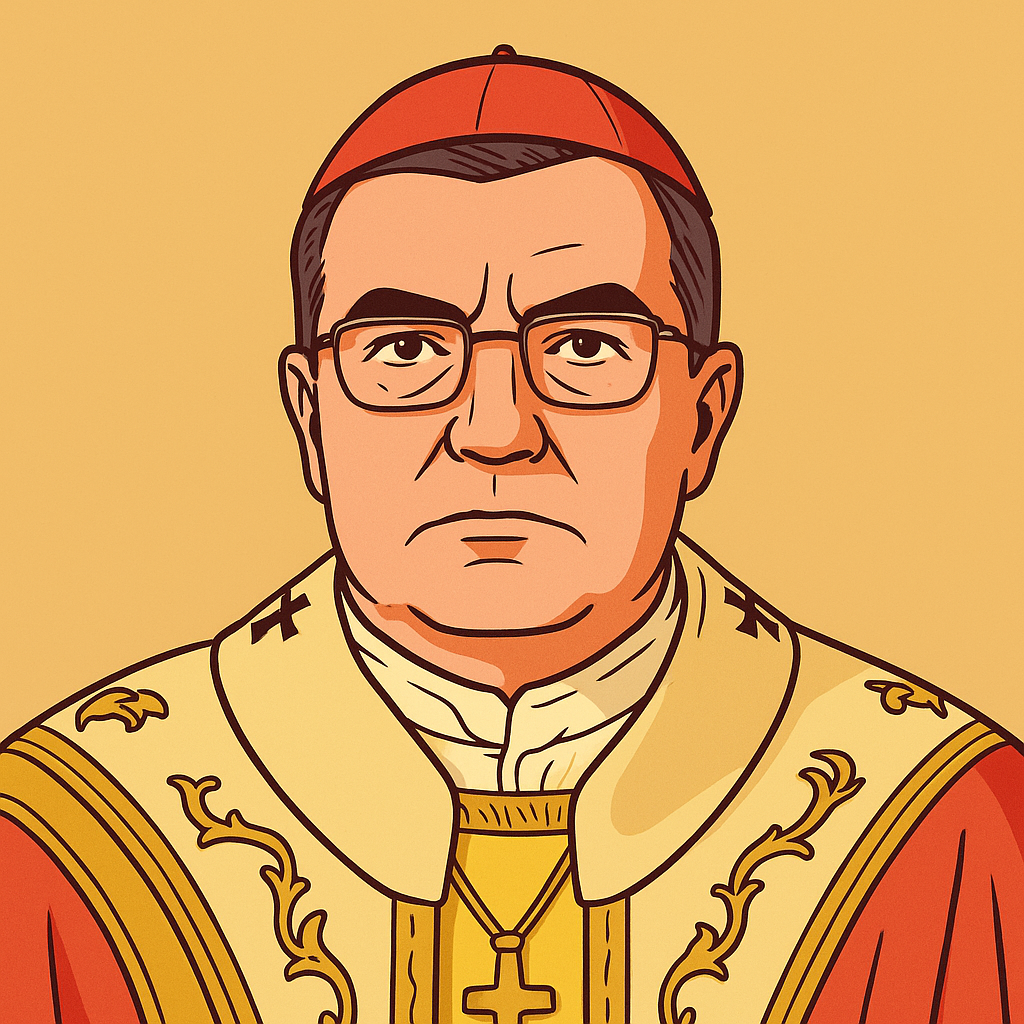
Croatia
Croatian cardinal, Archbishop of Zagreb, known for his conservative positions on moral issues and his commitment to traditional values in a post-communist context.
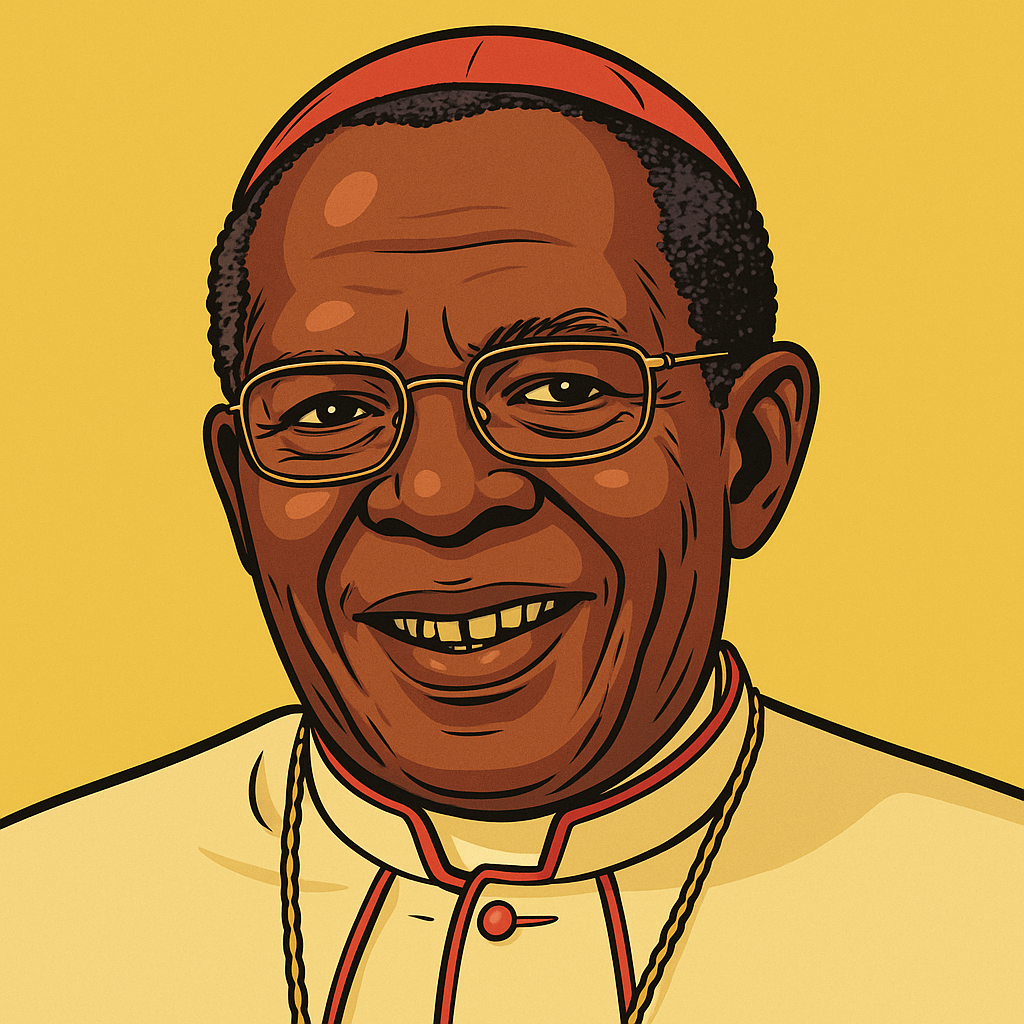
Kenya
Kenyan cardinal, Archbishop Emeritus of Nairobi, known for his conservative positions on moral issues and his leadership in the growing African Church.
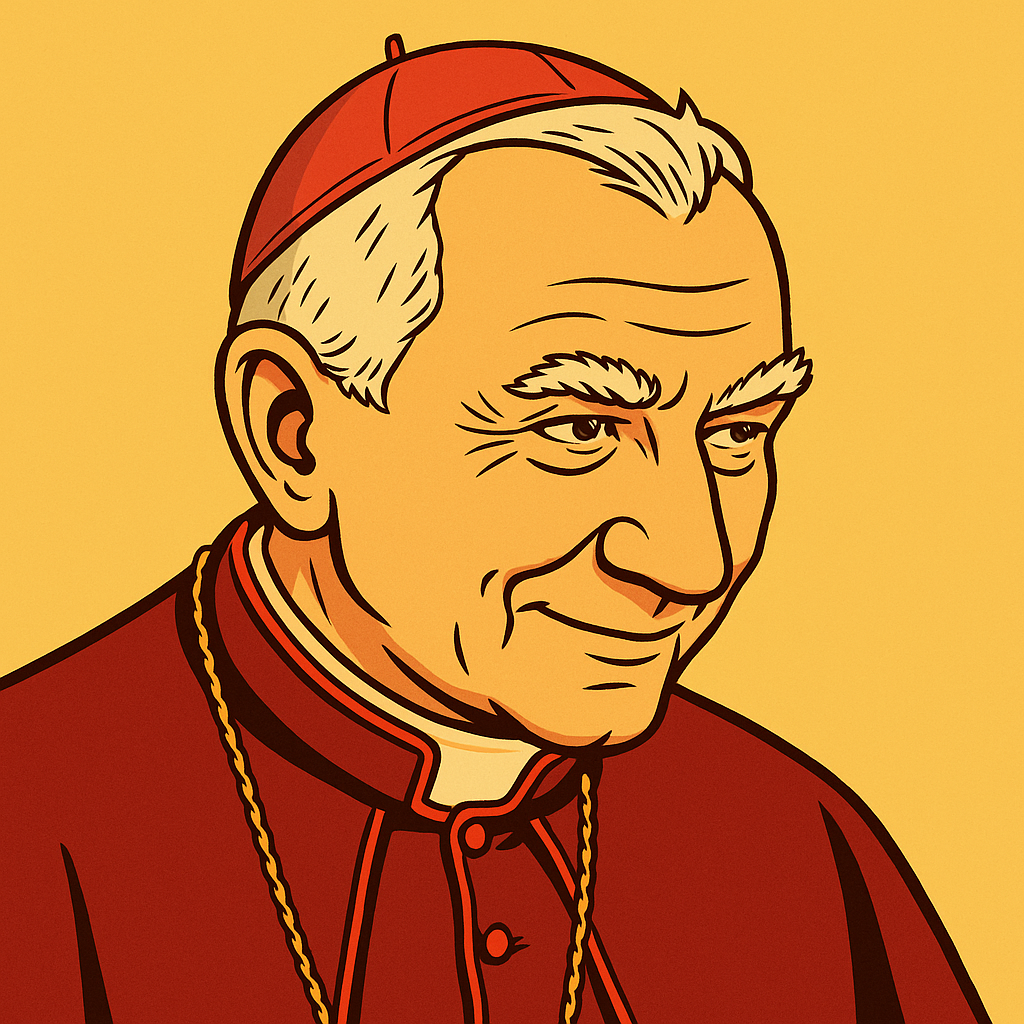
Italy
Italian cardinal, Secretary of State of the Holy See, experienced diplomat, known for his moderation and expertise in international relations, while maintaining balance with traditional doctrine.
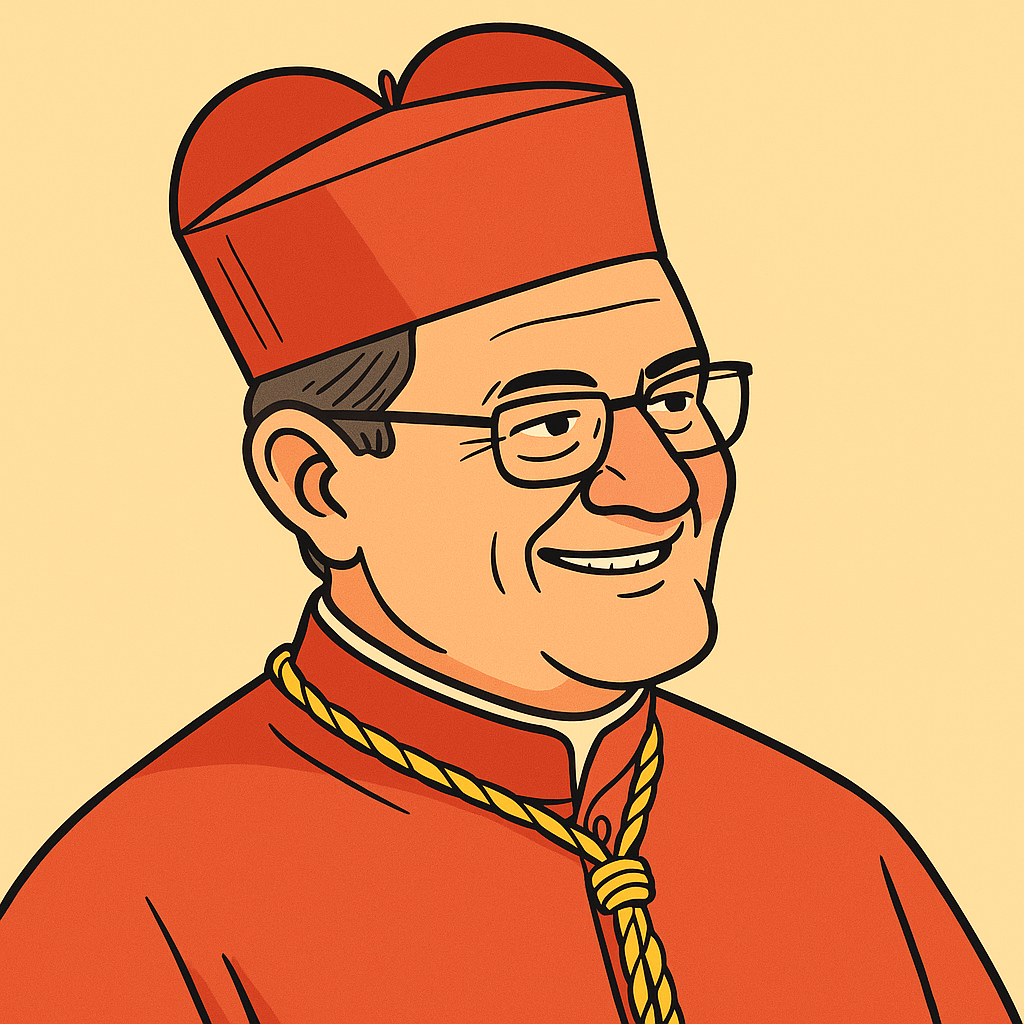
Ecuador
Ecuadorian cardinal, Archbishop of Guayaquil, Franciscan, known for his pastoral work in popular communities and his fidelity to the traditional teachings of the Church.

Rwanda
Rwandan cardinal, the first from his country, who lost his family during the genocide, known for his work on national reconciliation and his attachment to traditional doctrine.
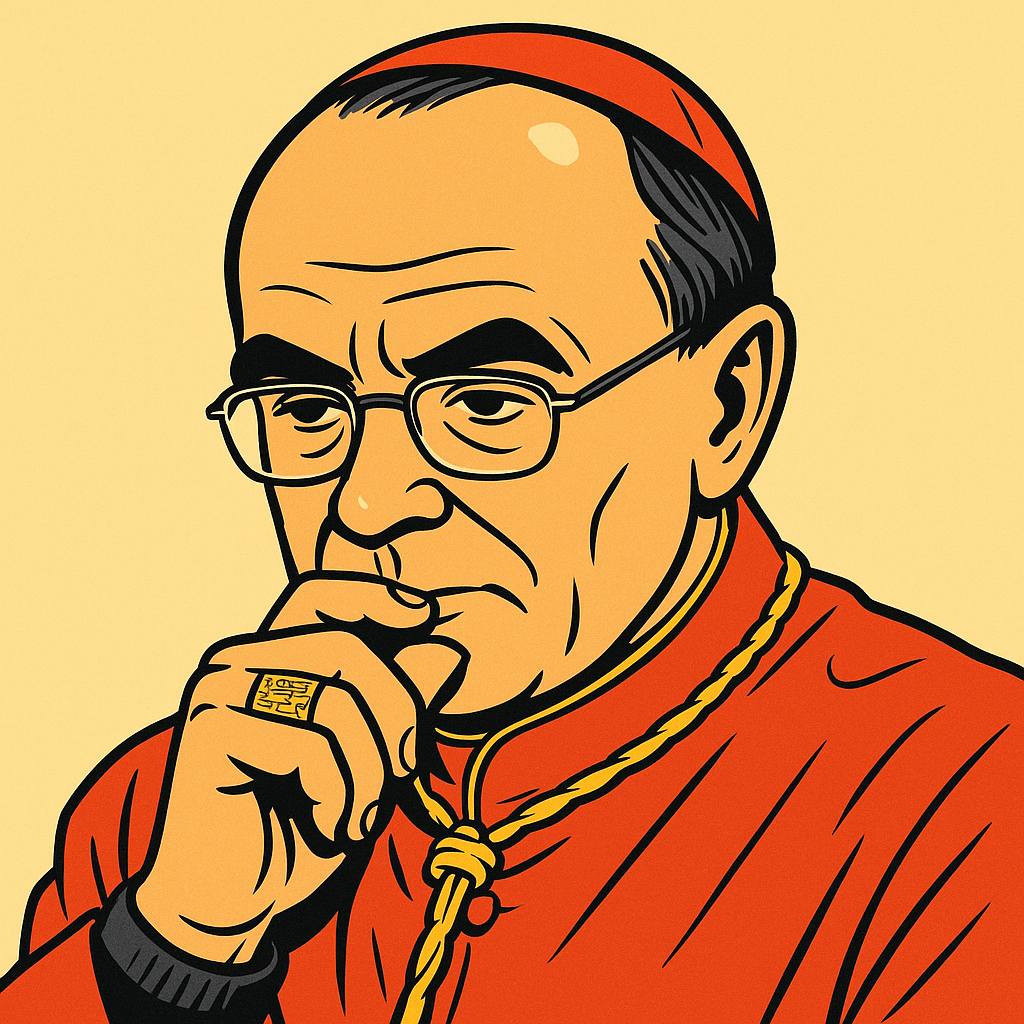
France
French cardinal, Archbishop Emeritus of Lyon, known for his missionary dynamism but whose career has been marked by controversy over the handling of sexual abuse in his diocese.

Kenya
Kenyan cardinal, Archbishop Emeritus of Nairobi, known for his conservative positions on moral issues and his leadership in the growing African Church.
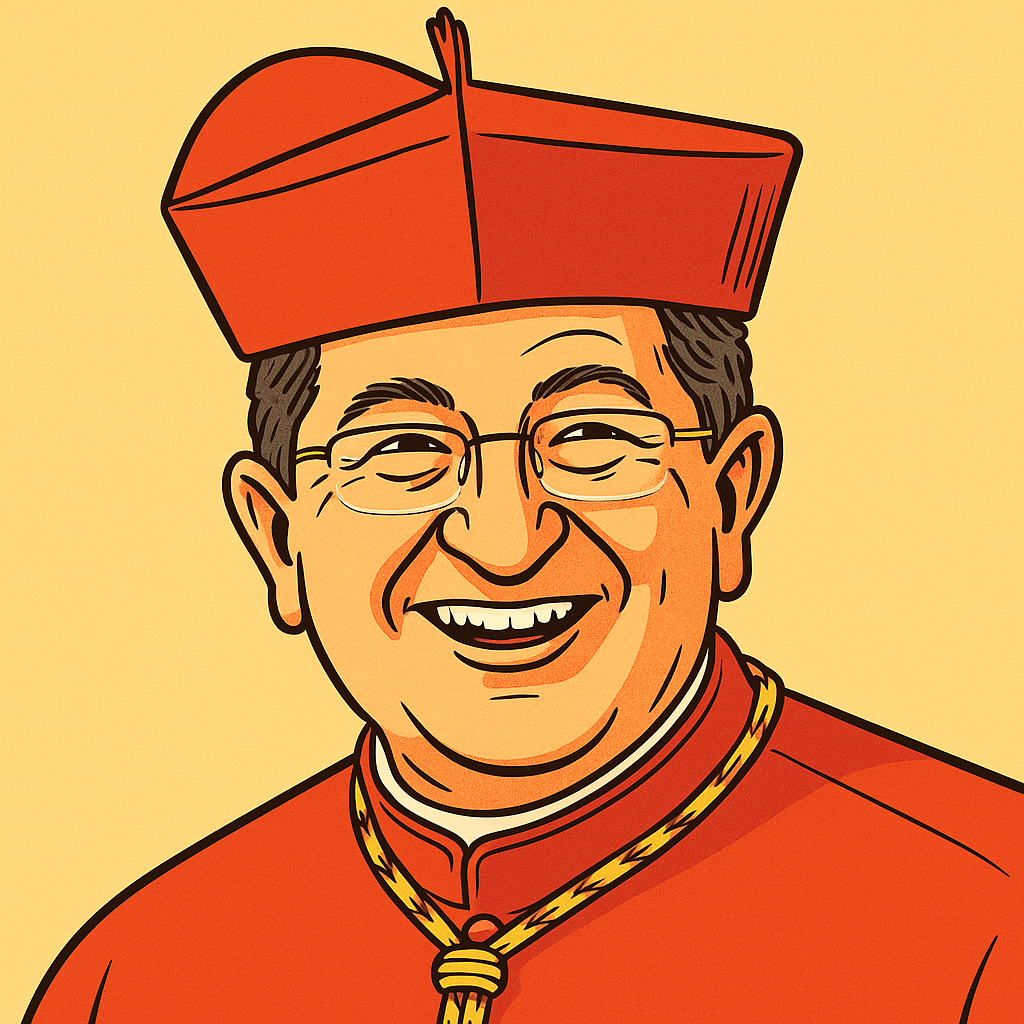
Italy
Italian cardinal, Archbishop of Florence, known for his conservative doctrinal positions and intellectual work, while remaining engaged in pastoral dialogue.

Israel
Italian cardinal, Latin Patriarch of Jerusalem, Franciscan, known for his expertise on the Middle East and his balanced leadership in a context of political and religious tensions.

Kenya
Kenyan cardinal, Archbishop Emeritus of Nairobi, known for his conservative positions on moral issues and his leadership in the growing African Church.

Italy
Italian cardinal, Archbishop of Florence, known for his conservative doctrinal positions and intellectual work, while remaining engaged in pastoral dialogue.